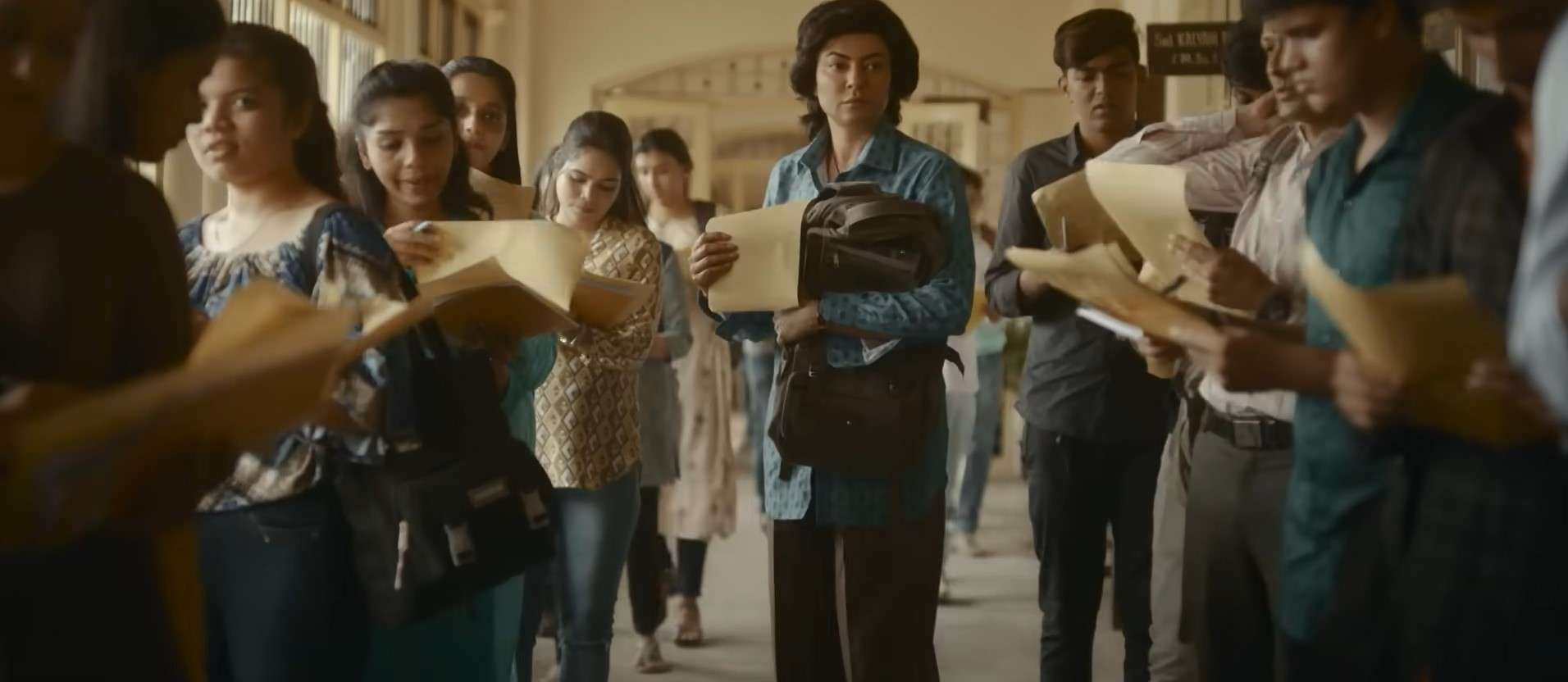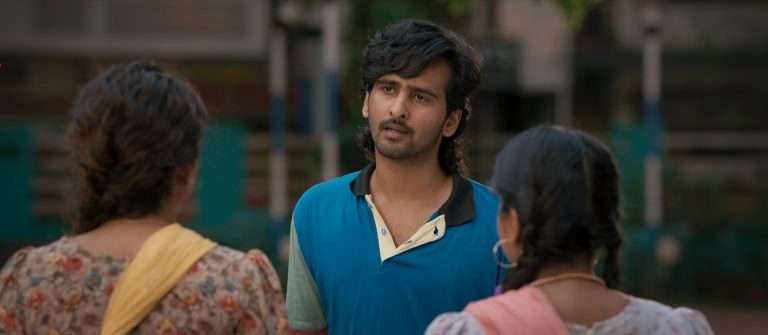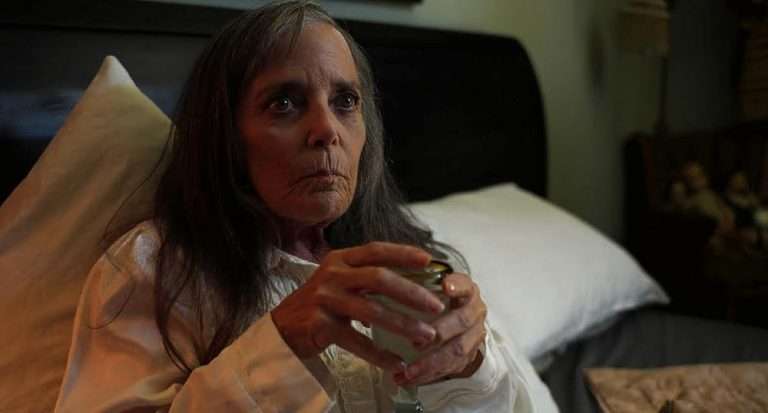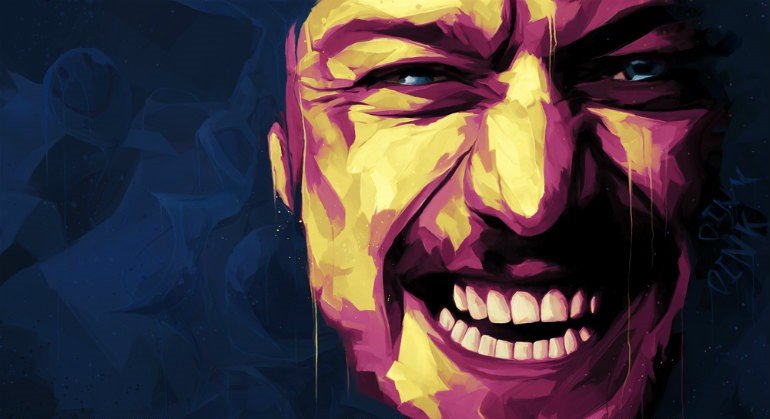Taali, directed by critically acclaimed Marathi filmmaker Ravi Jadhav, is a dignified ode to Gauri Sawant, a renowned trans-rights activist and social worker based in Mumbai. One might remember her from the famous Vicks advertisement, which was part of the “Touch of Care” campaign. That short advertisement directed by Neeraj Ghaywan not only successfully captured her magnanimous persona but also raised pertinent discussions on gender and motherhood. In 2014, she was a petitioner in a landmark Supreme Court ruling one that accorded legal status to transgender persons and granted them a range of civil rights and safeguards.
Sawant’s non-profit, the Sakhi Char Chowghi Trust, has been active for decades. She also appeared on an episode of Kaun Banega Crorepati, along with Usha Uthup — a personal hero whose trademark large bindis Sawant fashioned as her own. But after watching the six-episode biographical drama series starring Sushmita Sen in the central role, I could not inspire, convince or move any further than what I already was. The particularly straightforward tone reverentially mapping its protagonist’s extraordinary and well-known journey might serve the purpose of educating a large section that is ignorant of her existence but does nothing more.
Though it must be noted that even if the series grabs enough eyeballs and is successful at doing what it is primarily meant to, it would still be a historic achievement considering the reach Jio Cinema has even in remote parts of the country due to its free subscription model. Considering Ravi Jadhav’s Impressive filmography, including the sublime and benumbing portrayal of marginal characters in his 2018 film Nude, you can’t be blamed for having high expectations from him in terms of providing a strong and resonating direction to the queer movement in contemporary Indian Cinema. Just like in Nude, even in Taali, the director chooses a bold subject, but his treatment is timid and forgetful.

I can’t stress enough the importance the subject matter holds and how urgent it is to find a way to tell her story. Since the depiction of queer characters in Indian cinema has finally started to achieve some sense of regularity, it is tough to grade a half-hearted attempt with flying colors. After a quick prologue, the series begins in 2014, in the run-up to the historic Supreme Court judgment. As Gauri relates her inspiring life story to a journalist, we get a series of conventional flashbacks: childhood, transition, youth, and motherhood. This is an awkward narrative choice, and there are multiple jarring flashbacks. A grip over the highly emotional recollections does not let us settle in the proceedings, which involve Gauri Savant speaking to a foreign journalist.
Gauri is waiting with bated breath for this judgment while also giving an interview to a White journalist. There’s much to like about how throughout the interview, we’re given glimpses into her past, where her parents misunderstood her. Her fleeing to Mumbai and building a life for herself and another trans woman is an inspiring story, but the meek to messiah transition is abrupt and doesn’t account for great storytelling. Her life is stripped down to episodic events and dramatized with gracelessness. The director shows her as an embodiment of noble thought and not a living, breathing human being.
Every scene is dealt with heavy-handedness and exists to serve one singular idea at a time. Thus, we start guessing the culmination of the important scenes as soon as we start watching them play out. A series, by and large, determined by its format, is supposed to bridge our gap with a public figure as we see a longer and more nuanced portrayal of the person helping us empathize with their lives. Taali reduced Gauri Yadav to a silhouette of a newspaper profile that can’t grow beyond her queer identity. There is an irrepressible temptation to portray a queer character’s trauma and agony on screen. Taali gives in to the temptation to win our sympathy easily. This is a trick storytellers use these days to give the character an arc where she can become a badass – someone the larger audience can easily root for when she stands up for the ideologies and conviction. But Taali fails to understand that they are grappling with a character who doesn’t need a textbook trick to be inspiring.
Taali resorts to awkwardly staged scenes, sleazy evil characters, unnecessary musical interludes, and rhythmic dialogues way too often. The binary in the narrative takes away from the nuance it could have mastered. There are on your nose visual symbolisms which keep asking you, “Is this too much?” Yet what keeps the series afloat is a stunning performance from the lead, Sushmita Sen. Her magnetic presence keeps the viewer immersed in Gauri’s world, even though it is one that frequently feels superficial. Sushmita Sen is the tough, fiery center of this series. Her Gauri is more a celebration than an accurate portrayal of a revered transgender icon. At times lacking the oddities and dissonances, it is the actor channeling her superstar persona to sell even the narratively blunt scenes with her undying charisma. For most of the series, Sen’s face shows an assured straight reflection of a person hardened by circumstances. In the rare moments when her character receives the generosity of life, Sen’s face is filled with a sudden delight and gratitude that warms your heart
In Hindi cinema, transgenders are often portrayed as comic or slightly intimidating hijras, but Taali never caters to those vulgar stereotypes. A series like Taali is important to dispel misconceptions that surround the community Taali delivers better in the few low-key and sensitive scenes that humanize the central character and deserves muted applause for them. Apart from that, the series seems to be perfectly content to be a checklist of social subheads, and this cumulatively hinders the show from achieving any affirmative potential. Perhaps shows like Taali will achieve their full artistic potential when the makers understand that only catering to a larger audience isn’t sufficient anymore, and they need to be less complacent when they aspire to attempt progressive storytelling.





